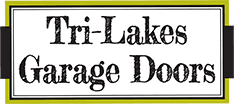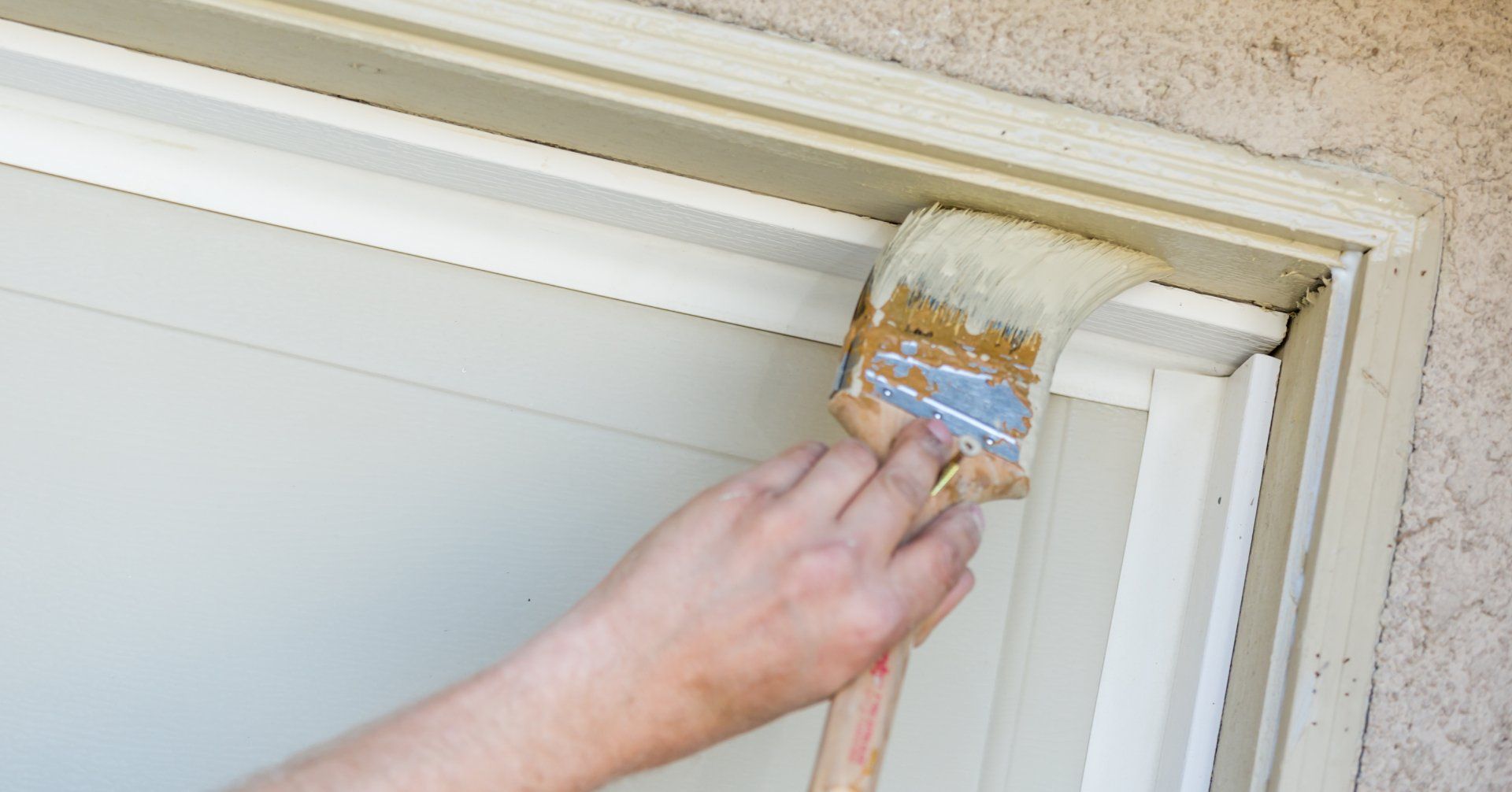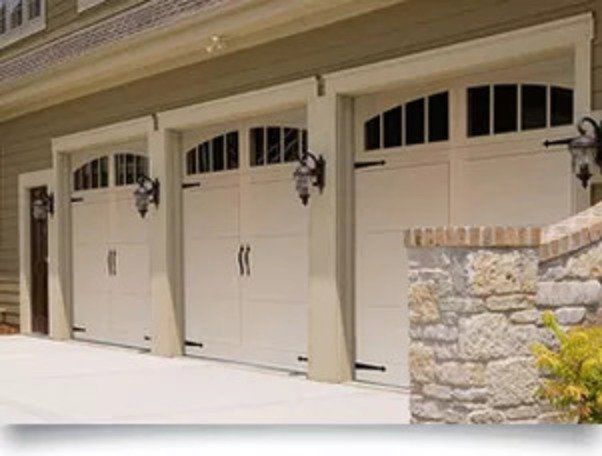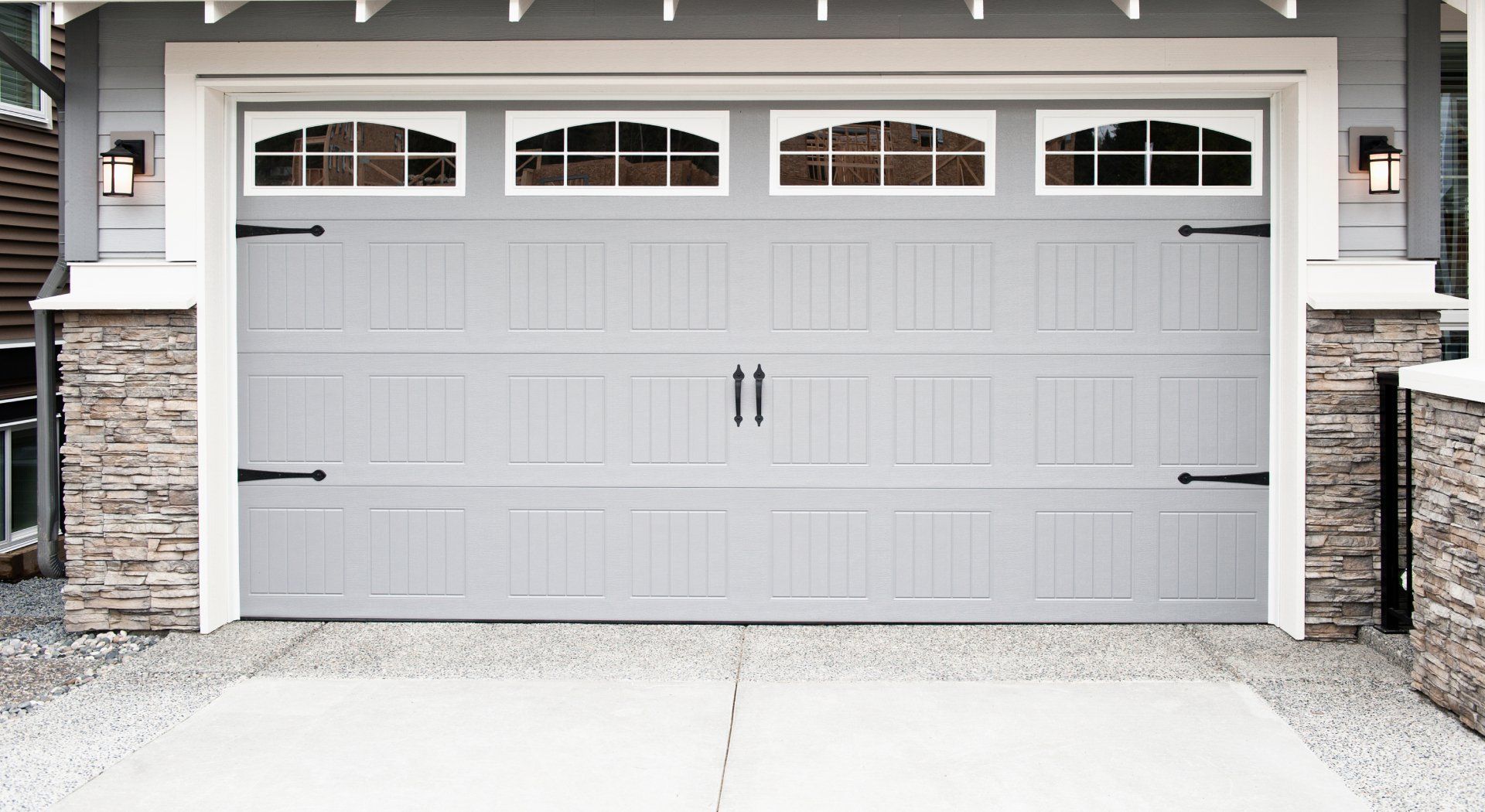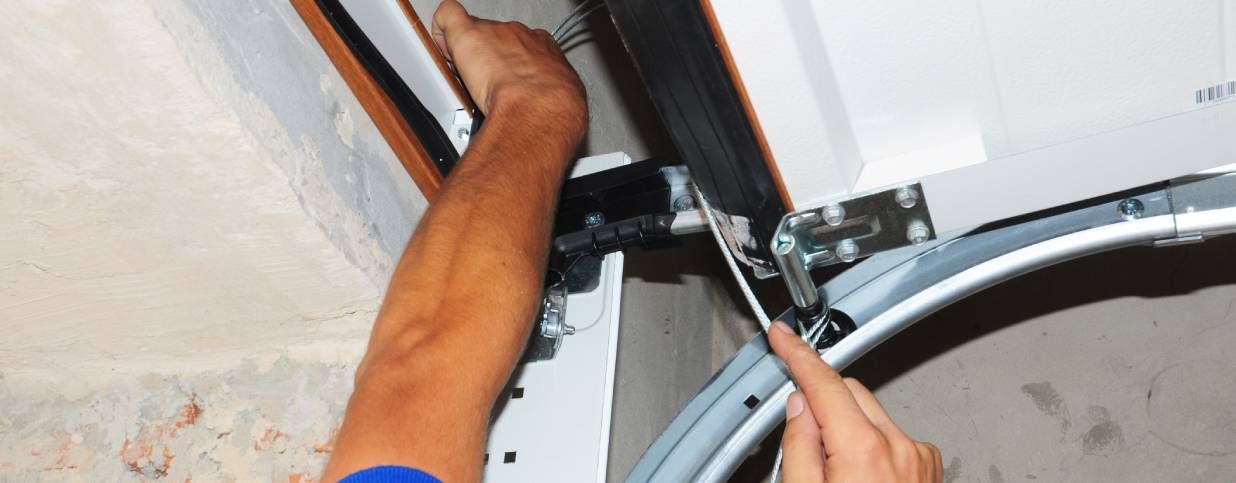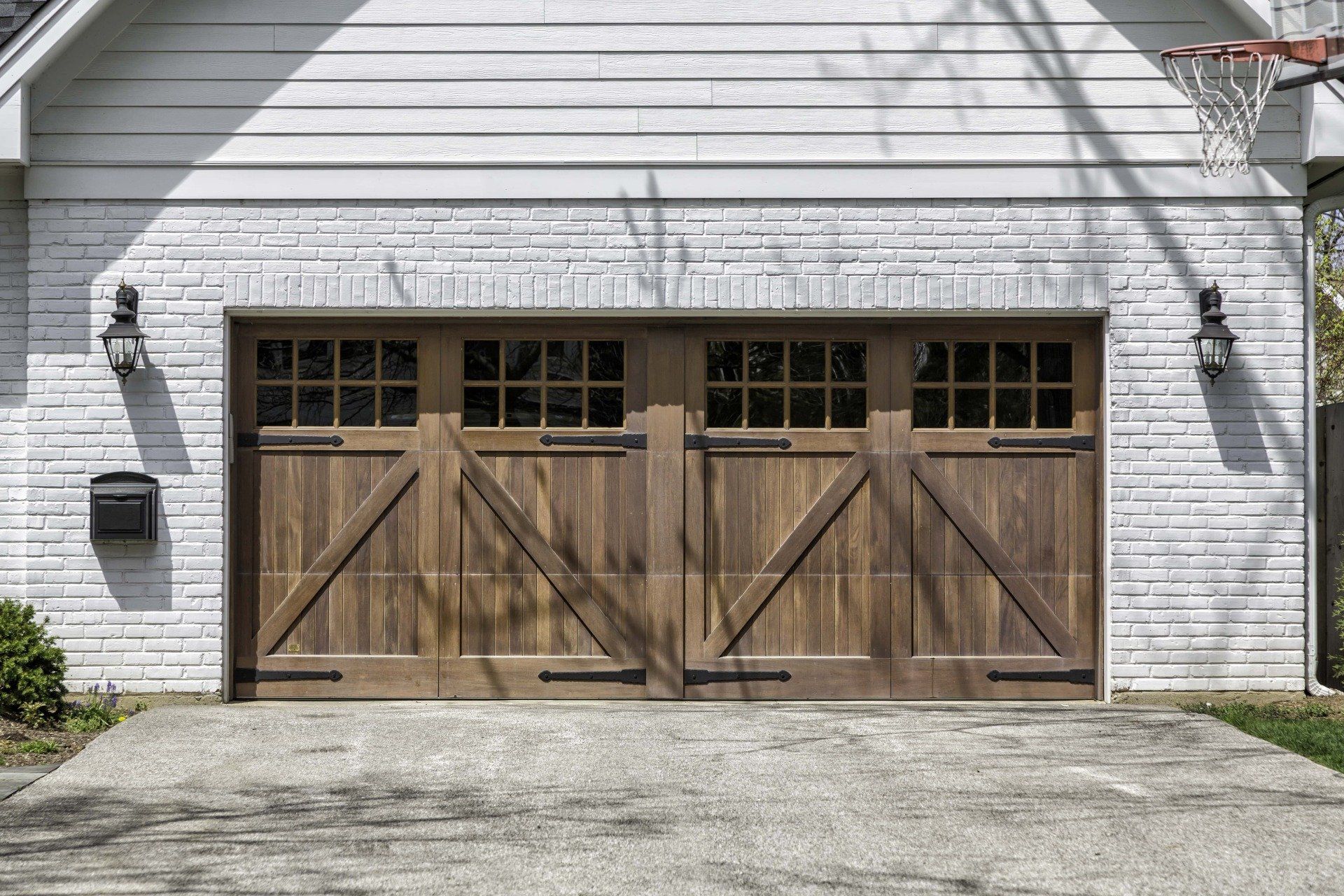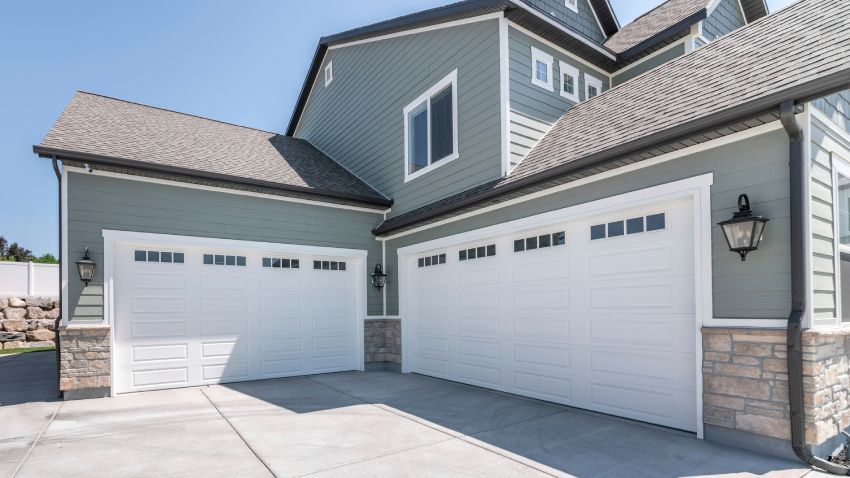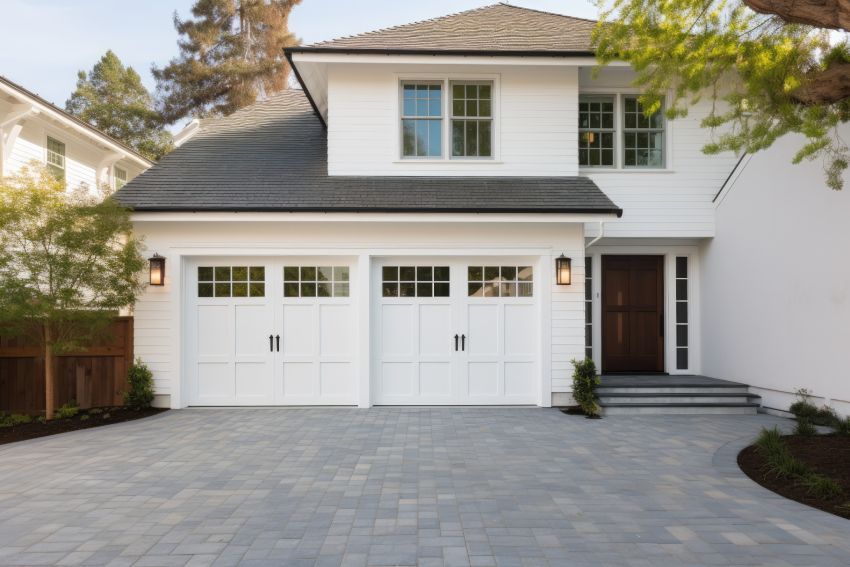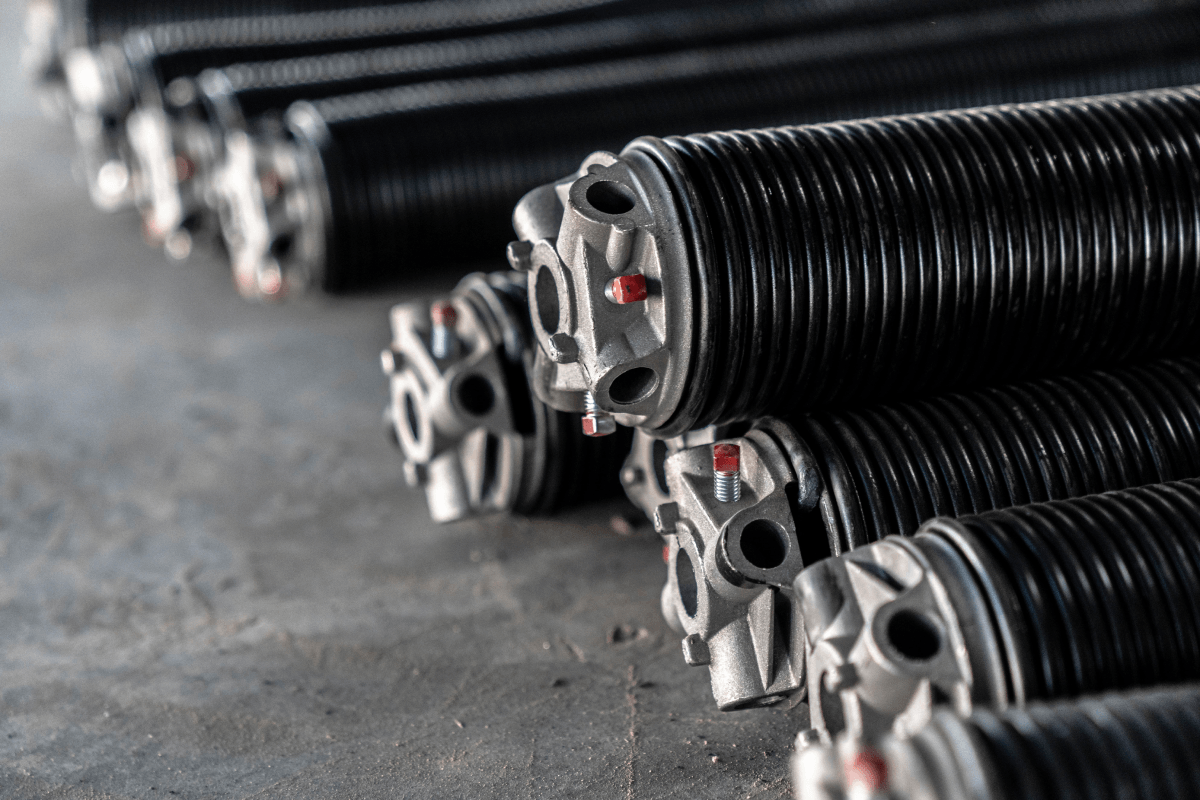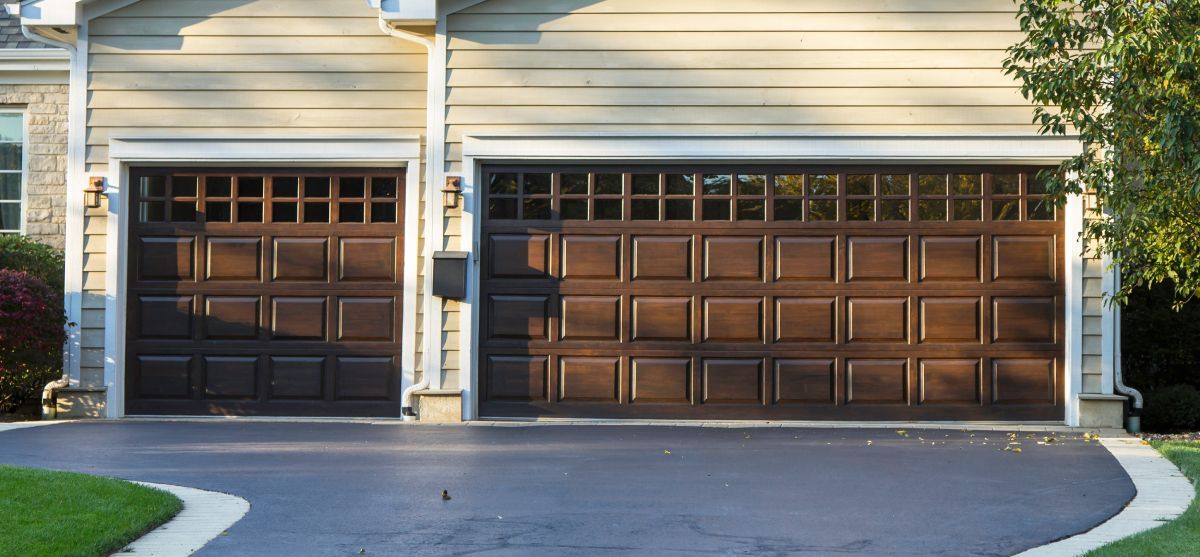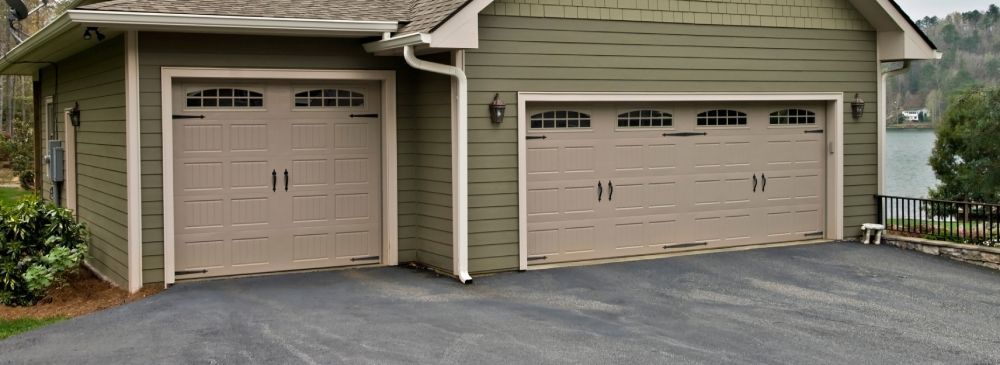Silence the Noise: How to Fix Noisy Garage Doors
By Jim Hatley, March 20, 2025
Noisy garage doors are an irritation to both you and your neighbors, but more importantly, it could be an indication of some larger problem that may ultimately lead to the breakdown of your door. Never ignore a noisy garage door; inspect it and try to find a solution as soon as possible. Once you know how to fix noisy garage doors, it is really quite easy. There are usually just a few common issues to look out for, and most of them can be resolved quickly.
Causes of Noisy Garage Doors
Worn Rollers
As rollers age, they may become worn or damaged, leading to an increase in friction and noise when the garage door moves along its tracks. Regular maintenance and timely replacement of rollers can help ensure smoother and quieter operation.
Loose Hardware
Over time, the hardware components such as hinges, bolts, and nuts may loosen, leading to a noisy operation characterized by rattling or banging sounds. Tightening these components periodically can help maintain the stability and quietness of your garage door.
Lack of Lubrication
A common cause of noisy garage doors is failing to adequately lubricate the springs. Properly lubricating the moving parts, including rollers, springs, and hinges, can prevent squeaking and grinding noises, ensuring the door operates smoothly and quietly.
Misaligned Tracks
Tracks that are not properly aligned can cause the door to rub against them, leading to various disturbing sounds. Ensuring that the tracks are correctly aligned and free of any obstructions can reduce noise and enhance the door's overall functionality.
Broken Springs
Springs play a critical role in the operation of garage doors, and when they break, they can produce loud, high-pitched noises. Replacing broken springs promptly not only reduces noise but also prevents potential safety hazards.
Faulty Garage Door Opener
Issues with the garage door opener, such as worn gears or a malfunctioning motor, can generate loud, inconsistent noises during operation. Regular inspections and repairs can keep your opener functioning efficiently and quietly.
How to Fix Garage Door Noises
Identify the Source of the Noise
The most important step is to identify the source of the noise. Once you know that, the problem usually becomes pretty obvious. After you have located the issue, you will most likely be able to take care of it by applying one of the following fixes. Here is how to fix noisy garage doors.
Tighten Loose Hardware
Very often, knowing how to fix a noisy garage door may involve nothing more than knowing how to tighten a screw. Missing bolts or screws can cause the door to rattle as it moves along its rails. Use a wrench or screwdriver to tighten the affected bolts or screws. Be careful - ask someone to help you with the adjustments, and disconnect the door from its opener so that nobody opens it while you are working.
Replace Worn-Out Rollers on the Garage Door
If it isn’t a loose bolt causing the problem, it could be a worn-out roller, especially if you hear a squeaking or grinding noise. Start by checking the lubrication on the rollers. If adding some extra lubricant doesn’t solve the problem, check again to see if maybe the rollers are worn out. It could be that you need to replace them. If this is necessary, it is best to call a professional to do the job for you.
Adjust the Garage Door Opener
If a few basic noisy garage door fixes don’t work, you may need to adjust the garage door opener. Always refer to your operator manual before doing so. Check to see if the chain or belt drive is loose, as this could cause shaky garage door movements, which can often make a lot of noise. If there are problems with your opener, you can usually spot the problem pretty easily, but you will need to call a technician to help you fix or replace the opener.
If you need to replace the opener, it is best to opt for a steel-reinforced rubber belt drive system, rather than a chain-drive system. Going for this option is an excellent way to ensure silent garage door operation.
Preventative Maintenance Tips
Regular maintenance is important to extend the lifespan of your garage door and prevent common issues. Here are some preventative maintenance tips every homeowner should follow:
- Regular Lubrication: Ensure moving parts such as rollers, hinges, and tracks are lubricated every six months with a suitable garage door lubricant to reduce wear and prevent noisy operations.
- Inspect and Tighten Hardware: Over time, the hardware on your garage door can loosen. Periodically check and tighten all bolts and brackets to keep the door operating smoothly.
- Test the Balance: Your garage door should lift smoothly with little resistance and stay open about three to four feet above the floor. If it doesn’t, this might indicate a problem with the spring tension that requires professional adjustment.
- Check the Auto-Reverse Features: All modern garage doors come with auto-reverse features that prevent the door from closing when an object is detected in its path. Test this feature monthly by placing a roll of paper towels in the path of the door. If the door does not reverse, contact a professional to adjust or repair the opener.
- Inspect the Weather Stripping: Look for signs of wear or damage on the weather stripping along the sides, top, and bottom of your garage door. Replace any damaged stripping to keep out weather and pests.
Safety Warnings and Guidelines
When it comes to repairing garage doors, safety is paramount. Certain components, particularly springs and electrical systems, pose significant risks and require professional handling. Here are essential safety tips and warnings for homeowners:
- High-Tension Springs: Garage door springs are under high tension and can cause severe injury if not handled correctly. DIY repairs involving torsion springs or extension springs are highly discouraged. Always contact a professional repair service for spring-related issues.
- Electrical Safety: Before attempting any repairs or inspections on your garage door opener or any connected electrical systems, ensure the power is completely disconnected. This prevents the risk of electrocution and accidental operation of the garage door.
- Proper Tools and Knowledge: Use only the tools recommended for garage door repairs and ensure you have a clear understanding of the repair process. Improper tools or methods can lead to accidents or further damage to the garage door system.
- Wear Protective Gear: Always wear appropriate safety gear, such as gloves and eye protection, when working on your garage door. Small parts may spring loose, or sharp edges could cause injuries.
Professional Garage Door Maintenance and Inspection
To guarantee that your garage door operates quietly, it’s best to establish a schedule for regular maintenance and inspection checks with a professional technician. Such routine care prevents the development of noises that indicate underlying issues, ensuring the longevity and proper functioning of your garage door.
Now you know how to fix noisy garage doors, don’t hesitate to reach out for help and advice on any other problems you may experience with your doors. Tri-Lakes Garage Doors supplies and installs quality garage doors and gates throughout the Front Range area. Contact us for more information about our products and services customized to resolve problems like noisy garage doors and more.
